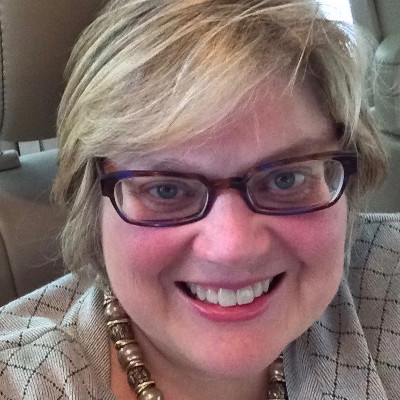Researchers Set Goals for Improving Access to Cancer Care
Research has shown that improvements in cancer prevention, screening, treatment, and follow-up care help to reduce the number of people who die from cancer. “But all populations and communities don’t benefit because they don’t have equal access to these services,” said Robin Yabroff, PhD. To meet the needs of all people will require widespread changes in US healthcare , because breakdowns in care can happen at any point from prevention to the end of life, she said.
Yabroff is Senior Scientific Director of Health Services Research at the American Cancer Society (ACS). She worked with other ACS researchers on an ACS Blueprint article describing their findings after studying the challenges of cancer care in the US and how it can be improved.
How Healthcare Delivery Falls Short
Between 1991 and 2015, the cancer death rate decreased dramatically in the US. But there are disparities, or large differences, in how well people do after a cancer diagnosis and in the quality of care they receive. These disparities are often based on race or ethnicity, income, education and work opportunities, and neighborhood. They’re also greatly affected by health insurance coverage and whether people know how to use it.
According to the authors, many more deaths could have been prevented if all people had received effective cancer prevention, screening, treatment, or ongoing cancer care. At the same time, the high costs of cancer care are putting a strain on family budgets as well as national and state budgets and those of health insurance plans.
“We’ve learned a lot about how to improve the prevention, early detection, and treatment of cancer,” said Yabroff. “But recommended care isn’t equally available to everyone. And that affects how well patients fare.”

The boxes in the top row show each step of cancer care, from risk assessment and prevention to treatment and end of life. The boxes below describe how breakdowns in healthcare delivery can prevent people from getting the full benefits of effective cancer prevention and care. The red arrows show where the breakdown occurs.
How Cancer Care Can Be Improved
ACS researchers recommended strategies that healthcare leaders and providers can use to help move toward equal access to care. Prioritizing these actions could reduce breakdowns in service, improve the quality of care, and result in high-performing healthcare systems.
- Encourage everyone to have a healthy lifestyle. That means exercising regularly, not smoking, and staying at a healthy weight.
- Provide everyone with access to routine primary care. Having a primary care provider increases the likelihood that a person will receive recommendations for a healthy lifestyle, be aware of their cancer risks, be up to date with cancer preventive care and screenings, and be referred to specialty care if symptoms of cancer appear.
- Help patients have access to care based on solid research, also known as evidence-based care. Researchers have conducted studies to find out which types of preventive care, screening and treatment can improve cancer outcomes. Healthcare providers can help patients get access to evidence-based care in a timely manner.
- Center care around patient needs, values, and goals. This includes effective communication and care planning between patients and their healthcare providers.
- Improve care coordination and communication between providers. This is especially important when patients are seeing multiple types of doctors or moving from one type of doctor to another. For instance, gaps in care are most likely to occur when a patient is moving from a primary care doctor to a specialist or moving from one specialist to another.
- Ensure that cancer care is affordable for patients, payers, and society. The high cost of cancer care is a common problem. Costs are expected to go up by 27% from 2010 to 2020, and patients’ share of the costs are also increasing.
What’s Next
“The goals of a high-performing health care system are relatively clear,” Yabroff said. “How to achieve them is not. National investment and commitment are needed to improve health care in the United States.”
“No American should develop cancer, suffer needlessly, or die prematurely because they cannot access the care they need,” said Yabroff.
This is the 6th article from the American Cancer Society National Cancer Control Blueprint, a series of papers published in CA: A Cancer Journal for Clinicians, the flagship journal of the ACS. The goal of these papers is to outline the ACS vision to create a cancer control plan that will reduce cancer deaths in the US. The first story was about the blueprint’s goals. The second was about how well cancer control is working in the US. The third was about controlling risk factors to help prevent cancer. The fourth covered the needs of cancer survivors and their caregivers. The fifth was about cancer screening. The seventh was about the goal to reduce cancer deaths 40% by 2035. The eighth story was about the social determinants that contribute to a lack of access to cancer care in low socioeconomic communities.
- Helpful resources
- For researchers




